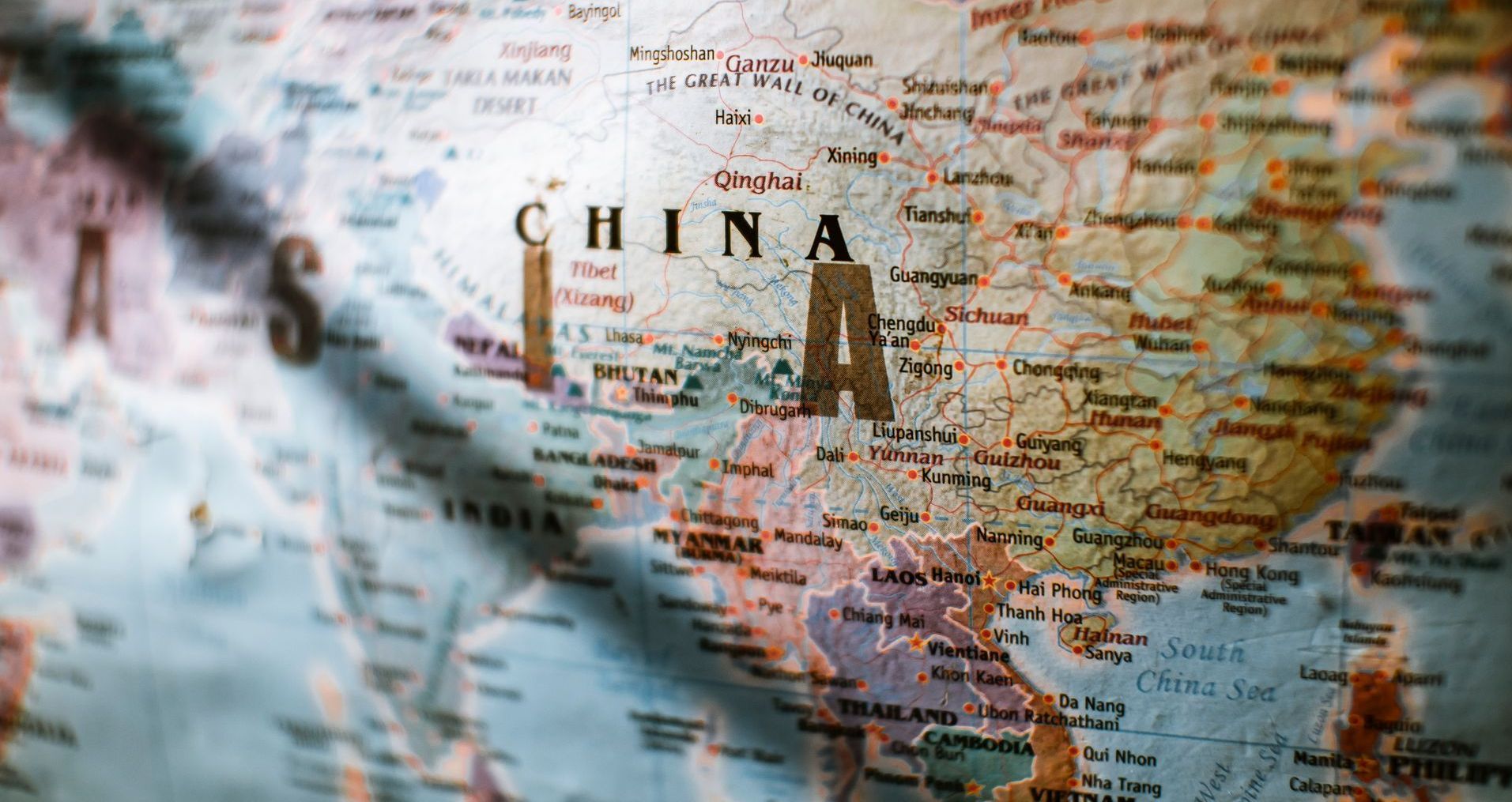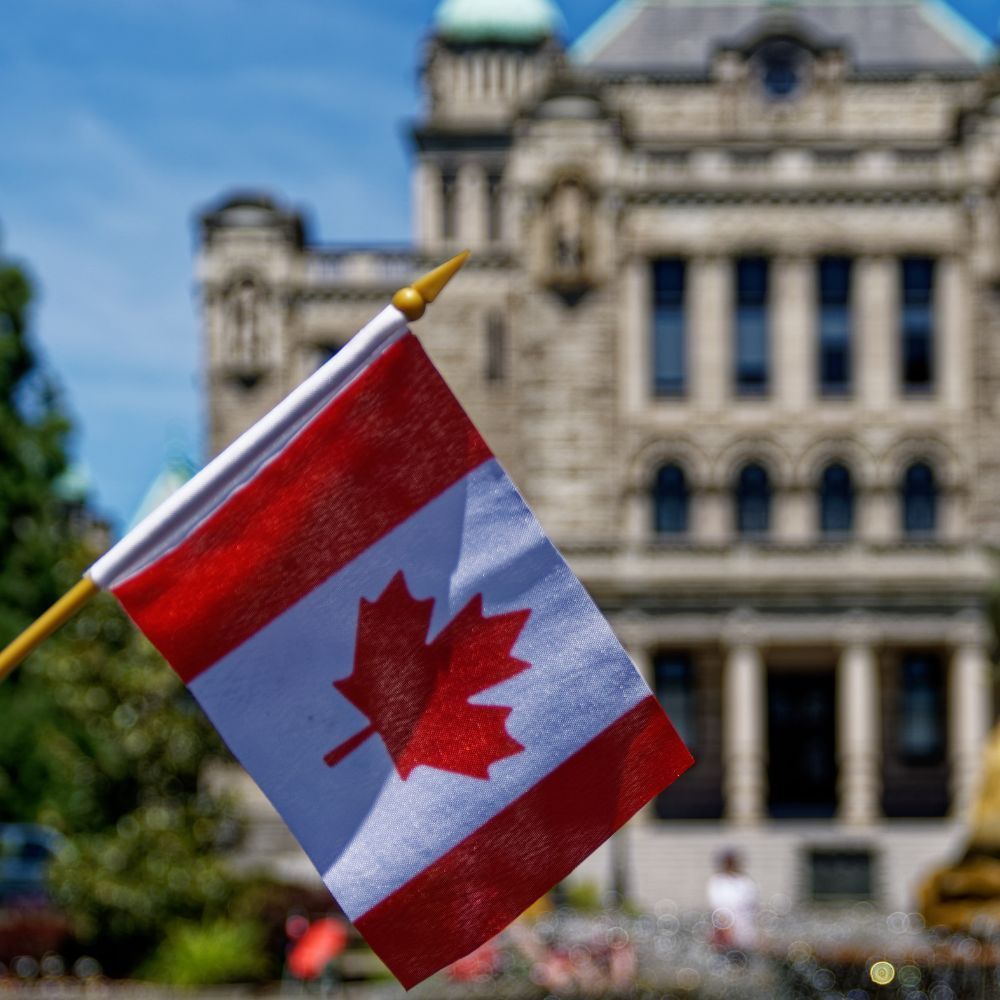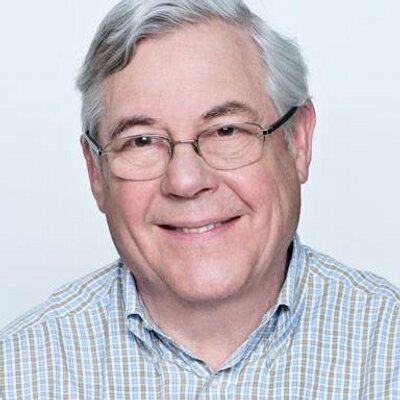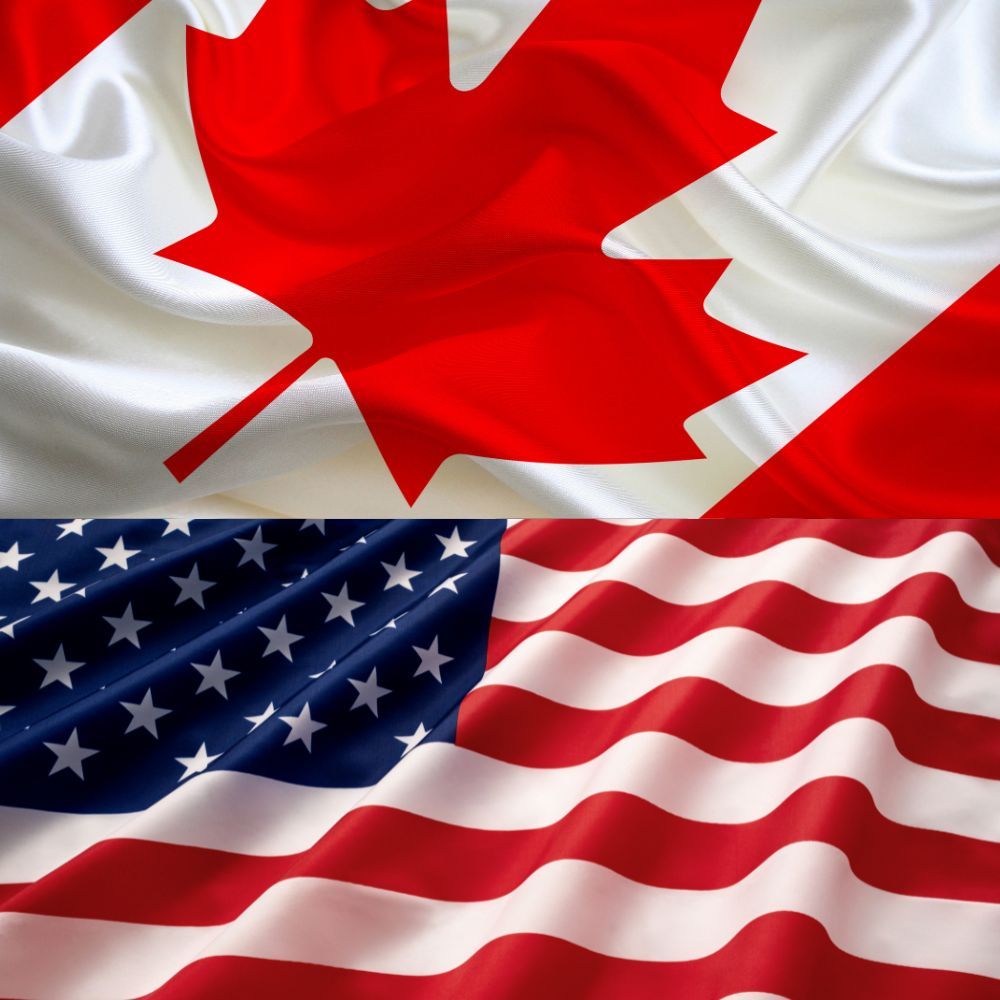Justin and PMO Never Lost Much Sleep Over Threats of Chinese Political Interference
The rather dismissive attitude shown by the Prime Minister and his staff towards Chinese interference in our democracy at their appearance before the ongoing public inquiry at least is consistent with his dismissive attitude over the years. Fourteen years ago the warnings by of the then new head of CSIS Richard Fadden were ignored.

In a speech and then a CBC interview Fadden alerted that China was aggressively recruiting allies through universities, “funding university clubs that are managed by people operating out of the embassy or consulates.” Chinese authorities also organize demonstrations against the Canadian government in respect to some of Canada's policies concerning China”, Fadden said.
Threats have been in the wind for many years. In 2019, the National Security and Intelligence Committee of Parliamentarians, an oversight body of MPs and Senators reported that Canada was “vulnerable to foreign actors seeking to interfere with its political and economic processes.” A year later, the Canadian Security Intelligence Service warned that Beijing’s military and intelligence services were also intimidating and threatening critics in Chinese immigrant populations.
Then on Global on November 7 2022 – Sam Cooper on Global made a sensational charge The PRC Gave $250,000 to 11 Political Candidates for the 2019 Election.
In 2023 and Cooper, and Robert Fife of the Globe and Mail were major players in giving Chinese interference major public profile thanks to leaks from CSIS.
The groundbreaking Fife story appeared on Feb. 17, 2023: headlined, CSIS documents reveal Chinese strategy to influence 2021 election “China employed a sophisticated strategy to disrupt Canada’s democracy in the 2021 federal election campaign as Chinese diplomats and their proxies
backed the re-election of Justin Trudeau’s Liberals and worked to defeat Conservative politicians considered to be unfriendly to Beijing.” It detailed that China employed disinformation campaigns and proxies connected to Chinese-Canadian organizations in Vancouver and the Greater Toronto Area, which have large mainland Chinese immigrant communities, to voice opposition to the Conservatives and favour the Trudeau Liberals. In several subsequent articles it even exposed the Trudeau Foundation funding activities of a Chinese businessman. Trudeau was quite dismissive, his security advisor quoted as later saying we will find the leaker.
The Globe’s findings did provoke action by the government when the story of a much-respected Conservative MP surfaced. Foreign Affairs Minister Joly expelled Chinese diplomat Zhao Wei after The Globe reported Beijing targeted Conservative foreign affairs critic Michael Chong and his relatives in Hong Kong to gain leverage over the MP. Mr. Chong had upset China by sponsoring a parliamentary motion to condemn China’s repression of Uyghurs. The Opposition demanded an Inquiry which was forestalled by Trudeau appointing former Governor General David Johnston as special adviser to him on foreign interference. He tabled his report in June 2023. He simultaneously resigned amidst Opposition outcries about his close ties to the PM. Responding to intense pressure, On September 7, 2023 the Government of Canada established the Public Inquiry into Foreign Interference in Federal Electoral Processes and Democratic Institutions. Justice Marie-Josée Hogue, a judge of the Quebec Court of Appeal, was appointed Commissioner.
The Prime Minister’s recent performance as witness to the Inquiry was a textbook on deniability, that secure protection often sought by leaders who do not want to be forced to take positions they do not agree with – in this case that foreign interference is a major problem. His staff provided him a perfect out. Jeremy Broadhurst, who had been briefing the PM on national security said flatly that a warning CSIS briefing memo tabled at the inquiry in February 2023 had not been seen by the PM and that he had never read this kind of note.
It’s tabling made news earlier because of its strong language: "We know the PRC clandestinely and deceptively interfered both in the 2019 and 2021 general elections. In both cases, [foreign interference ... was] pragmatic in nature and focused primarily in supporting those viewed to be either
'pro-PRC' or 'neutral' on issues of interest to the PRC government."
The CSIS document warns that protecting Canadian democratic institutions against foreign interference "will require a shift in the government's perspective and a willingness to take decisive action and impose consequences on perpetrators." It said foreign interference
will persist until it "is viewed as an existential threat to Canadian democracy and governments should forcefully and actively respond."
In his own testimony the next day Trudeau denied any knowledge of the note. In fact he went on to make an extraordinary statement that he does not read all intelligence briefings but relies on his staff to tell him what is important. Clearly he did not want to endorse CSIS’s call to be more
forceful in responding to allegations of interference. The next day in a scrum he said he did read all briefing notes! So is our Prime Minister simply skeptical of the work of our intelligence agency and in fact taking the advice of experts like their retired Fadden himself who said on CBC”s Power
and Politics to remember that “intelligence is not evidence”. Trudeau later said it was his job to question intelligence. He did earlier and was unconvinced when briefed that Don Valley North MP Han Dong at his nominating convention had bused in students allegedly “paid by the Chinese.” Not proven the PM decided. One thinks back to the US intelligence claiming the discovery of weapons of mass destruction (WMD) in Iraq
which proved wrong. WMD remained a key justification for the second gulf war.
This is not to say that Chinese interference in particular is not present. Several members of the diaspora made dramatic statements at the inquiry of the threats and harassment by Chinese agents they had experienced. These stories had been well covered by the media. Little sympathy
was forthcoming from the government, except in the case of Chong.
So, are there valid ways to control foreign influence? Kenny Chiu, former Conservative MP for the British Columbia riding of Steveston—Richmond East introduced a private members bill to establish the Foreign Influence Registry in November 2021. It would require people to log any activities
undertaken in Canada on behalf of a foreign state. Failing to do so would bring penalties, including prison time. It languished and we’ll see if the idea will surface in the Inquiry’s report.
The registry is frequently seen as a minimum way of controlling foreign influence in Canada. The threat, as we have seen, had been long standing.
Some time ago, the US human rights group Safeguard Defender identified scores of Chinese “police stations” around the world, including in Canada. It alleges they were being used to “harass, threaten, intimidate and force targets to return to China for persecution.” The American
registry—in place since 1938 enabled Federal Bureau of Investigation to lay charges.
In Canada, where secret stations were identified in Toronto, Montreal, and Vancouver. Trudeau said that the Royal Canadian Mounted Police was “following up on it.” Chiu’s bill went nowhere and we will see if the registry idea resurfaces in the inquiry.
In the end we are left with Trudeau’s oft repeated blanket denial that foreign influence had any impact on the last two elections. “Nothing we have seen and heard despite, yes, attempts by foreign states to interfere, those elections held in their integrity. They were decided by Canadians,” This appears to be his prime motivator for inaction after years of revelations.
Patrick Gossage Insider Political Views




